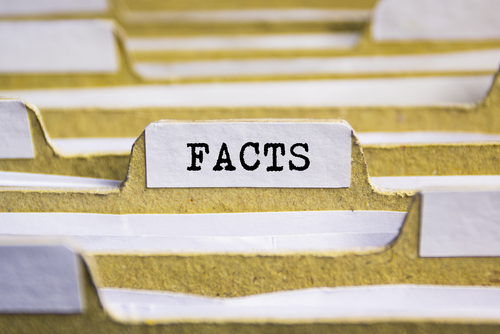Propane Safety: The Facts
 One of the things that we hear a lot from customers who are considering a propane conversion, or starting a construction project using propane as a power source, is uncertainty about propane safety. We understand the concern: propane isn’t as popular an option in Northern California, and that unfamiliarity can cause misconceptions.
One of the things that we hear a lot from customers who are considering a propane conversion, or starting a construction project using propane as a power source, is uncertainty about propane safety. We understand the concern: propane isn’t as popular an option in Northern California, and that unfamiliarity can cause misconceptions.
But as a company that has been working with this clean, green gas for decades, we can say from direct experience that propane is one of the safest sources of home energy around – if not THE safest.
Propane Safety: What To Know
Here are just a few of the reasons to put your mind at ease about propane:
- The propane industry is regulated by strict federal DOT, OSHA, and EPA compliance codes, along with numerous state and local fire and safety laws. In California, all propane contractors are required to undergo CETP (Certified Employee Training Program) training to ensure their work complies with these laws and codes.
- Propane will not ignite until the air reaches 940° F.; in fact, propane has the lowest flammability range of all alternative fuels (2.4– 9.5 percent). There must be a very specific combination of propane and oxygen for propane to burn.
- Propane leaks are easy to detect due to the strong smell that imitates the scent of rotten eggs (courtesy of the Ethyl Mercaptan that manufacturers add to the naturally odorless gas).
- If liquid propane ever leaks, it vaporizes into the air, leaving no mess and no toxic burden on the environment; propane cannot contaminate water or soil.
- Propane tanks are constructed from carbon steel, under procedures developed by the American Society of Mechanical Engineers. They are 20 times more puncture resistant than tanks filled with ethanol, methanol or gasoline.
- All propane cylinders with capacities between four and forty pounds must be equipped with an Overfilling Prevention Device (OPD) that cuts off the filling process when the tank reaches 80 percent capacity. This gives the gas room to expand safely if outdoor temperatures rise.
- All propane cylinders and tanks must be equipped with a pressure relief valve that opens to reduce excessive internal pressure in abnormal conditions.
And all of that doesn’t even scratch the surface on the things that our C.E.T.P.- certified technicians do to make sure your propane appliances are installed, maintained, and operating correctly.
The bottom line: propane is one of the safest sources of energy around – not to mention one of the most versatile and efficient ways to power just about any appliance you need to keep your family safe and comfortable in any season.
Have any propane safety questions for us? We’re happy to talk about them. Give us a call and let us help you explore propane conversions in Northern CA for your home or business!
